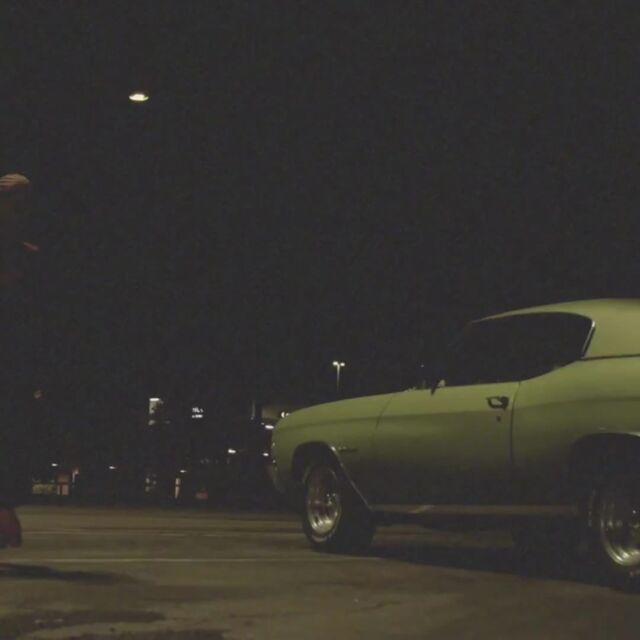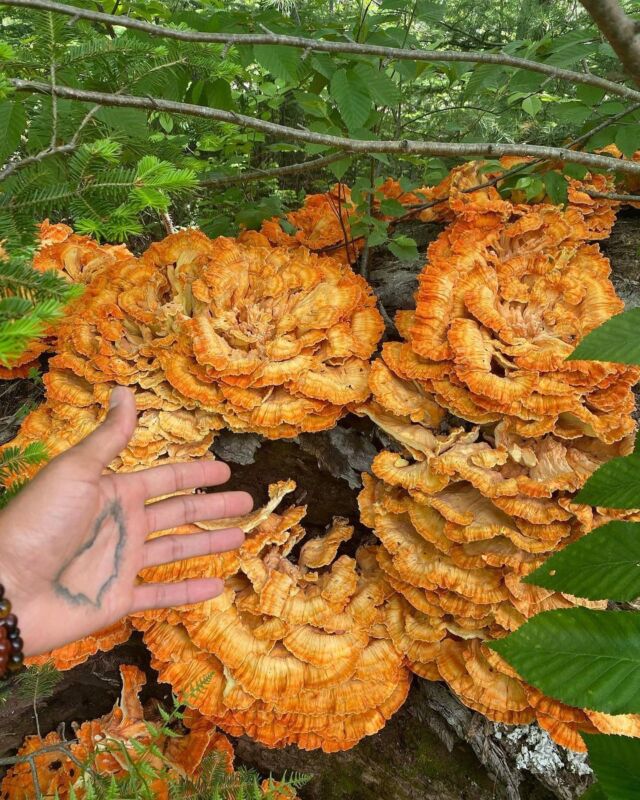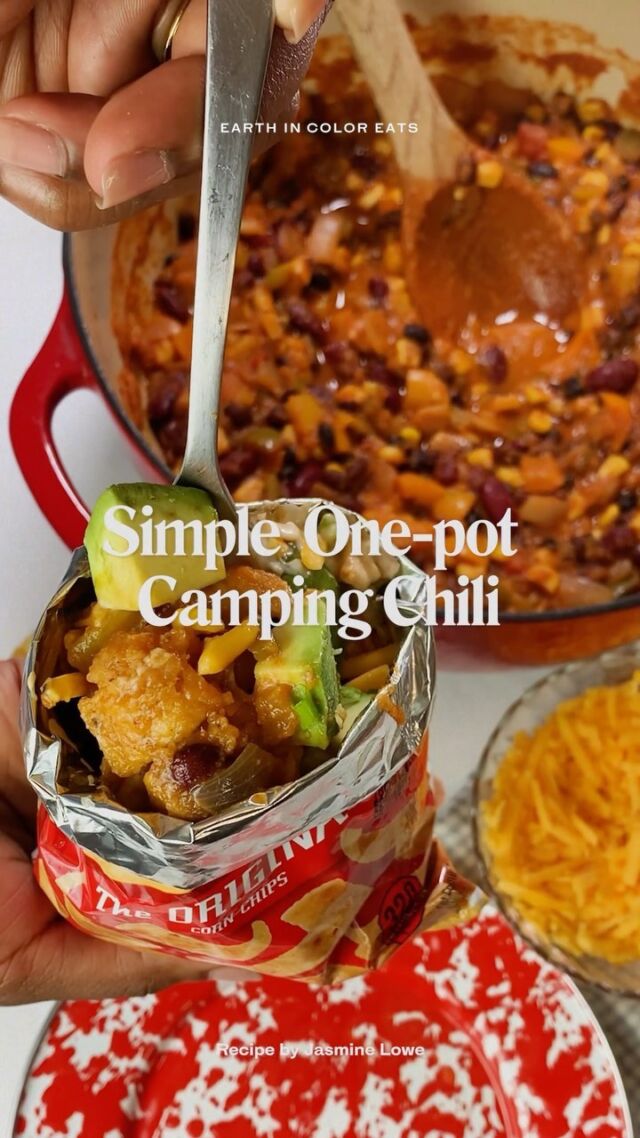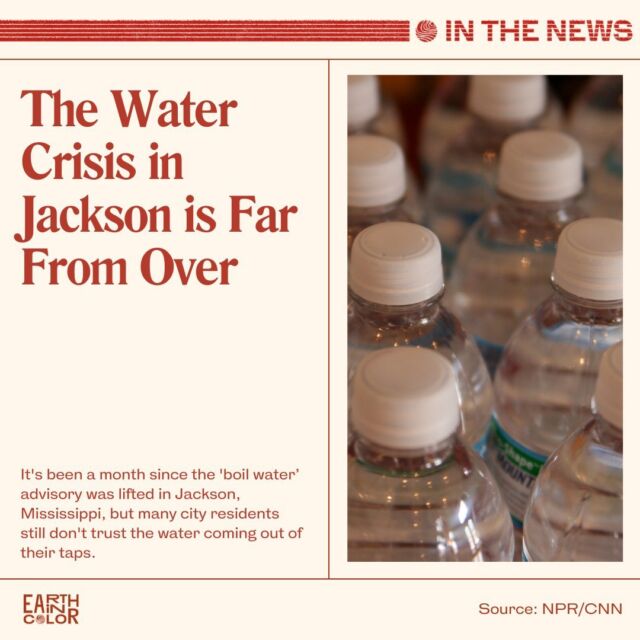In the United States, Black people are often left out of conversations about nature and the outdoors—an omission that’s far from accidental. Just a few centuries after our ancestors were forcibly brought to this country and made to work the land they were never meant to own or enjoy, systemic racism still attempts to control our access to the natural world. Many in our community are raising families in neighborhoods where the water is toxic (and the air isn’t much better) and finding fresh fruits and veggies can require a three-hour round trip. And in those same neighborhoods, the ability to exist leisurely in nature or engage in recreational outdoor activities is often constrained by the privatization of green space and other public spaces, while high costs and geographical limitations have put many other outdoor activities out of reach.
In addition to physically excluding us from outdoor spaces, White supremacy has even limited the connections between people of color and the outdoors in our collective imagination through decades of blindingly White marketing campaigns for outdoor industries. I can’t even count how many times I’ve heard another Black person respond to someone mentioning an activity like hiking or camping with the phrase “oh, we don’t do that.” I’d beg to differ! However, there is one Black experience of the outdoors that unifies us, no matter where we live or how we like to spend our free time: The Cookout.
Although no two cookouts are exactly the same, there are undeniable commonalities—bbq and potato salad, a line dance of y’alls choosing, the joyful “whoaaaa” that signals the start of Maze and Frankie Beverly’s “Before I Let Go.” Many of us wouldn’t immediately think of going to a cookout as a way of being in nature, but that’s quite literally what it is: Black folks, usually families and friends, gathering to share food and laughter with their community. The cookout is a space that is integral to our familial, communal, and cultural histories—not just symbolically, but also in its function as an intergenerational gathering where family histories are passed down and new memories are made.
…there is one Black experience of the outdoors that unifies us, no matter where we live or how we like to spend our free time: The Cookout.
And, despite predominant narratives about the outdoors, the evidence shows that Black people jump at an opportunity to be in the outdoors—why else would so many of us have cookouts on the 4th of July? Certainly not because we buy into America’s false promises of independence, but rather because it’s a national holiday when most people are off from work, the sun is shining, and we have the opportunity to be in community outside. (Now when it comes to spending time in nature during the winter, well that’s an entirely different beast!)
It’s beautiful to see an ever-increasing number of Black folks embracing nature anew and creating spaces that are our own through organizations like Outdoor Afro and Black People Who Hike—but it’s just as essential to celebrate the informal ways we’ve always made the outdoors our own, even while being systematically and often violently excluded from natural spaces. What would it mean to try to reframe other outdoor experiences or activities in a similar way?
Finding joy in a connection to water could look like little Black kids laughing and screaming as they run through the cool spray of water coming from an open fire hydrant on a blazing summer afternoon. Taking your play nieces and nephews on a walk in the park to pick wildflowers could become a way of exploring nature and learning about plants. As Black people, we have always known that there is no one way (and no correct way) to build relationships with the natural world—after all, despite the relentless violence of environmental racism, we’ve been finding new ways to be in nature for years.
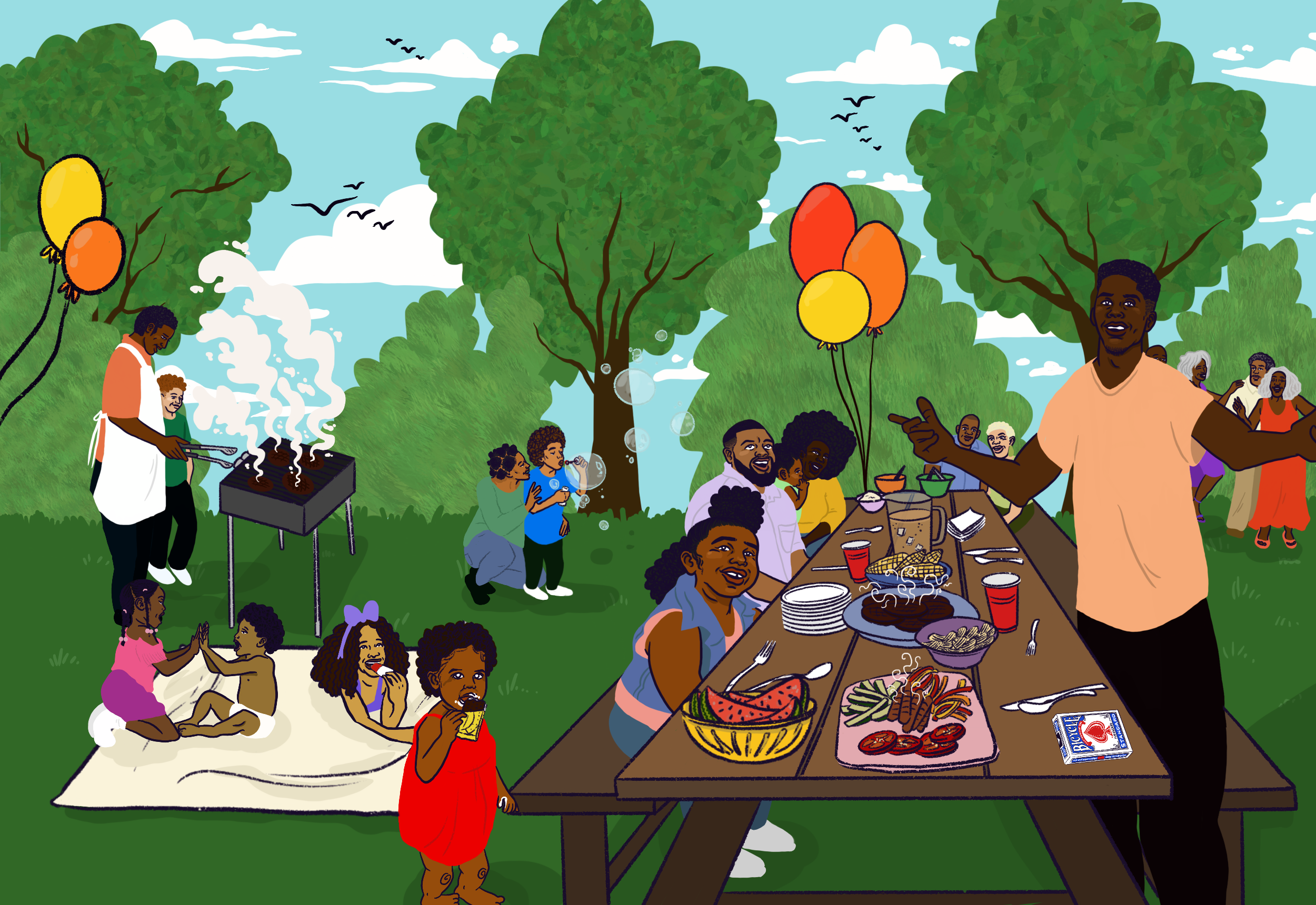
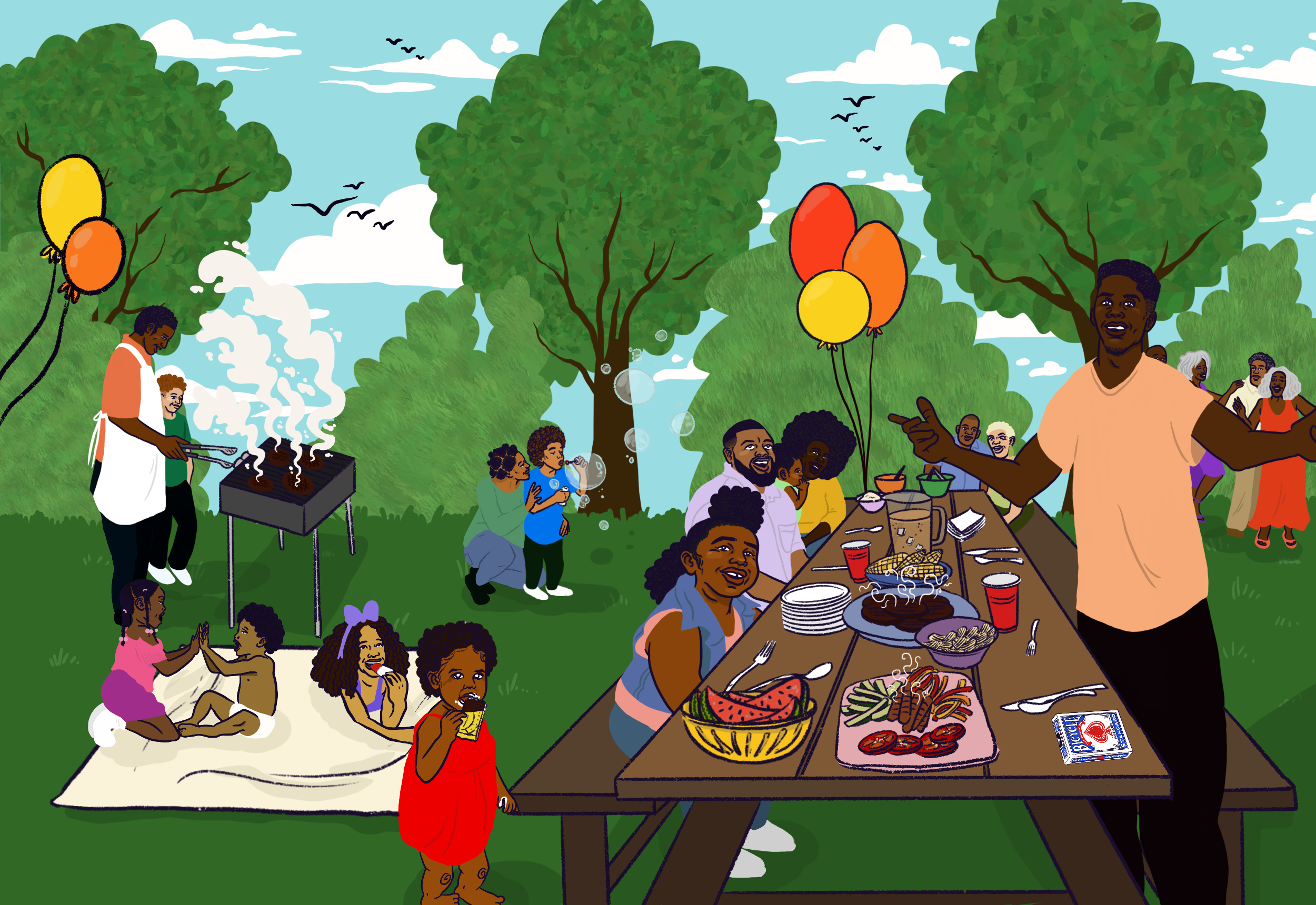
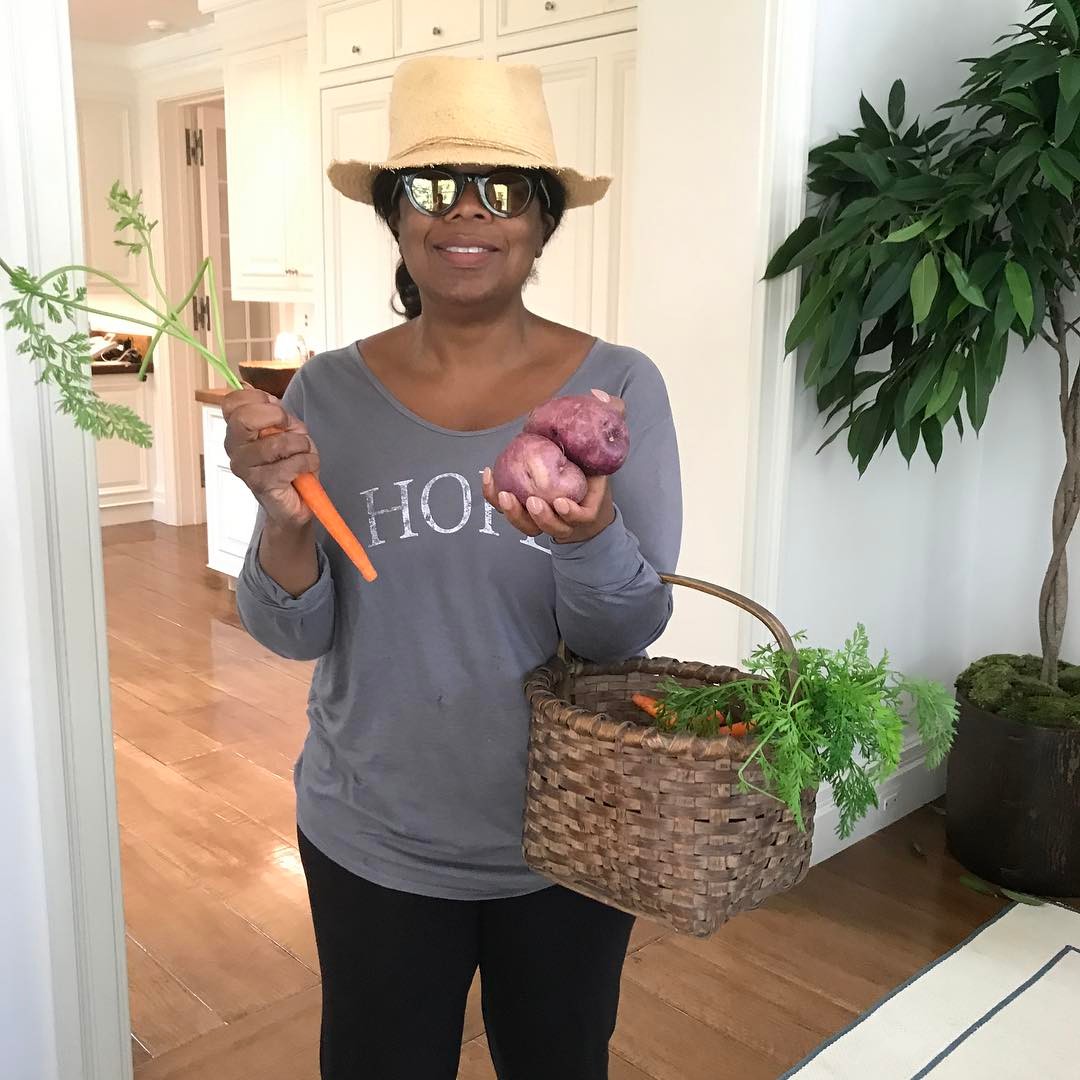

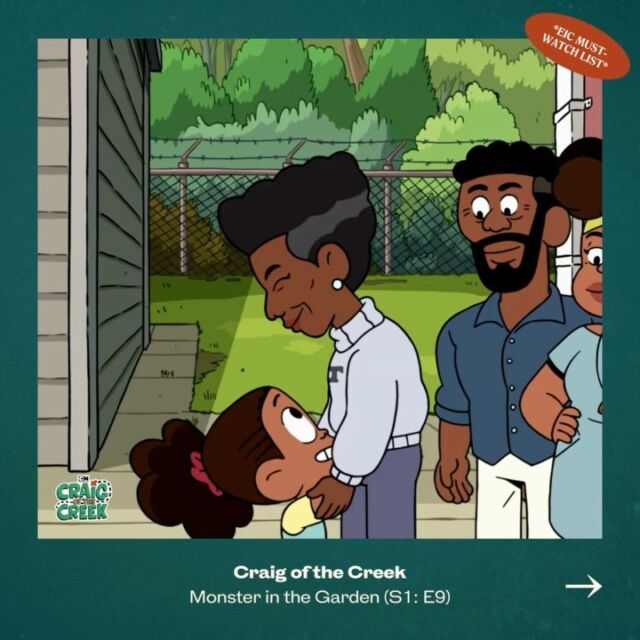
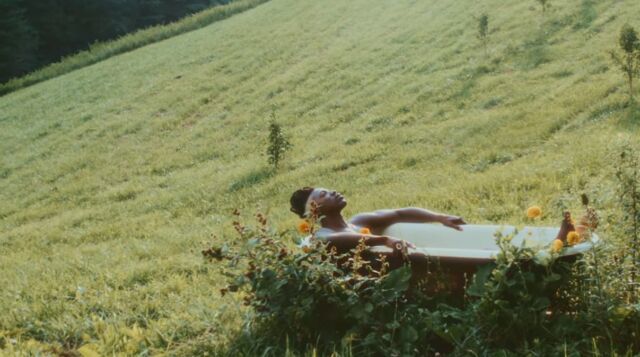
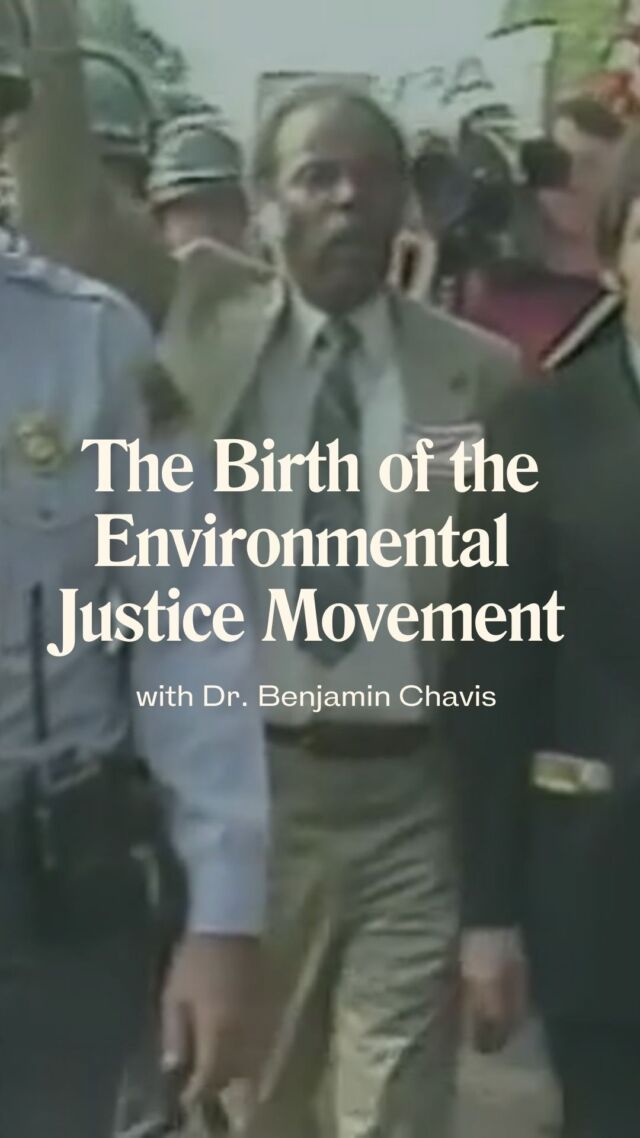
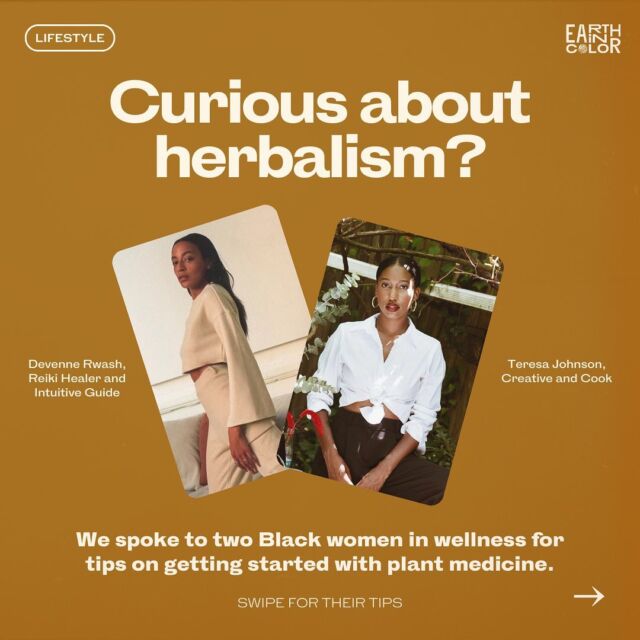
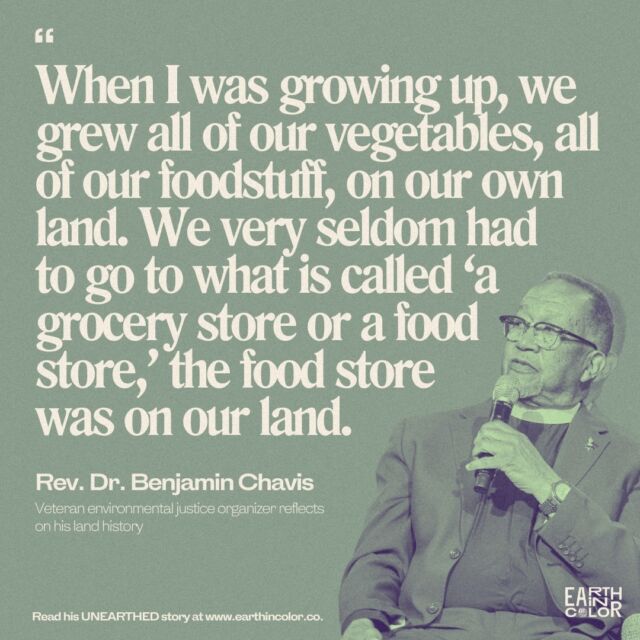
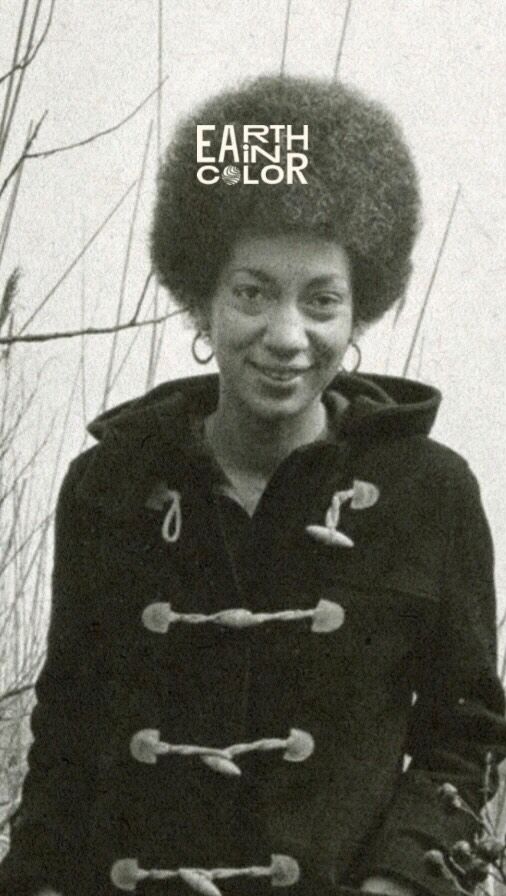
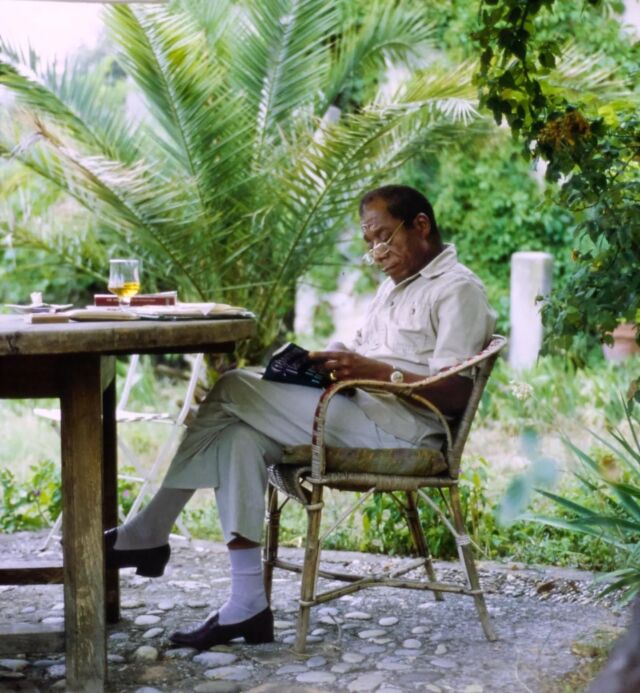
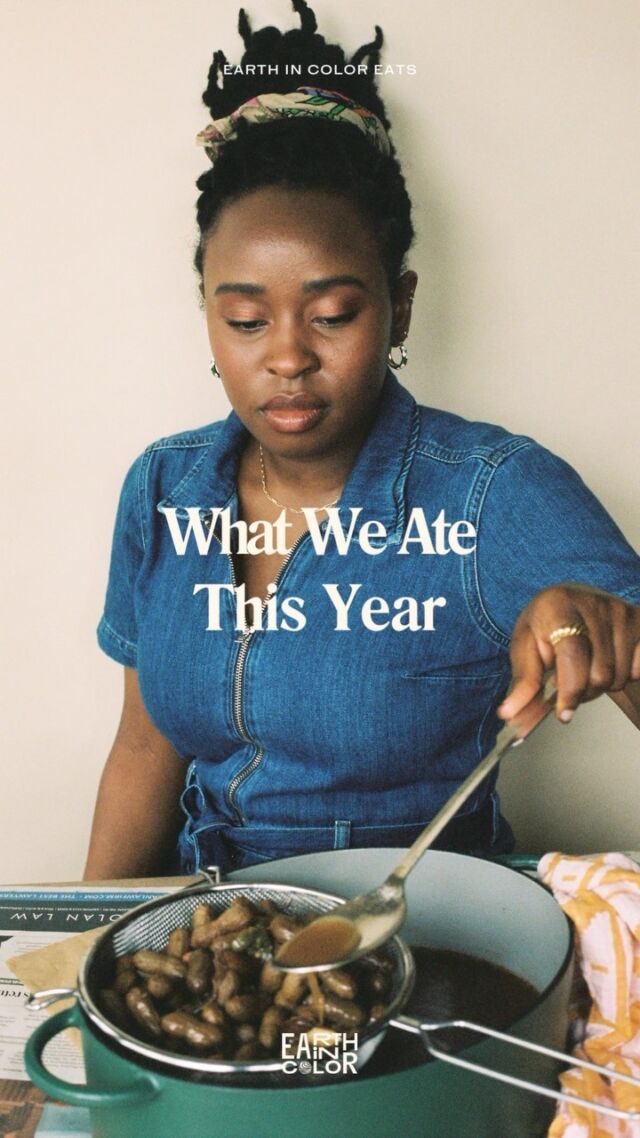


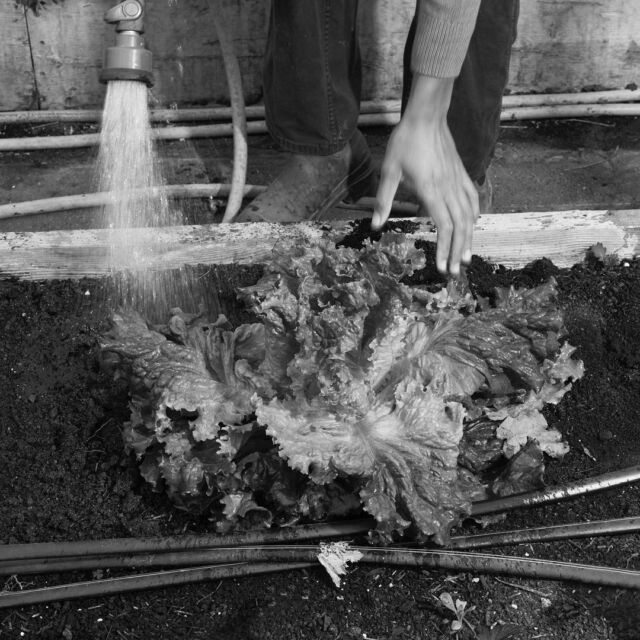
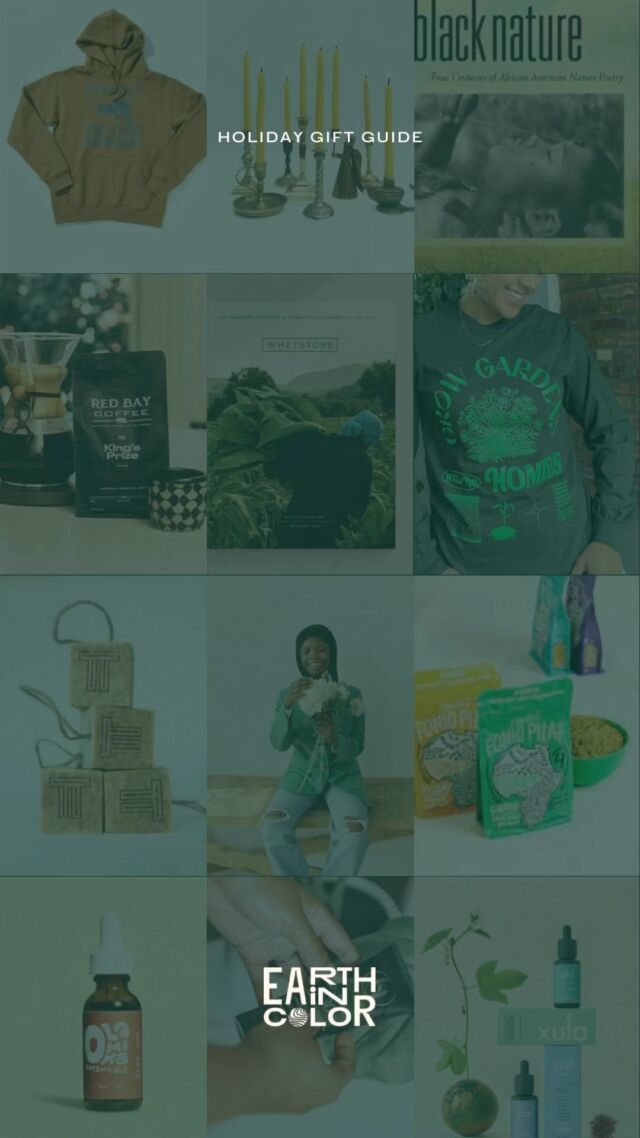
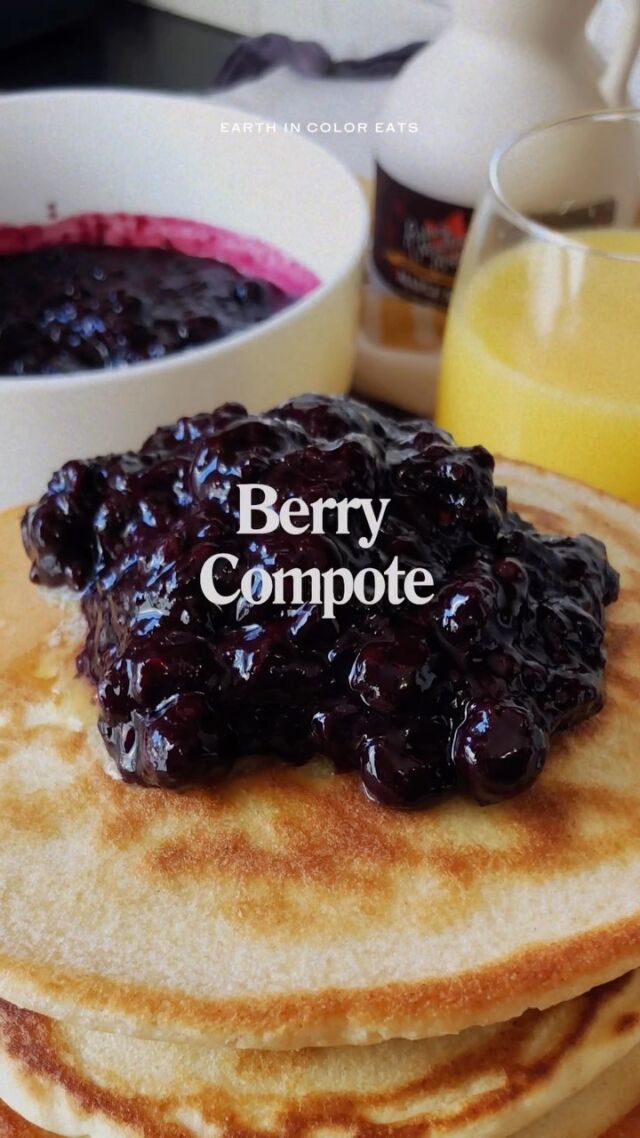
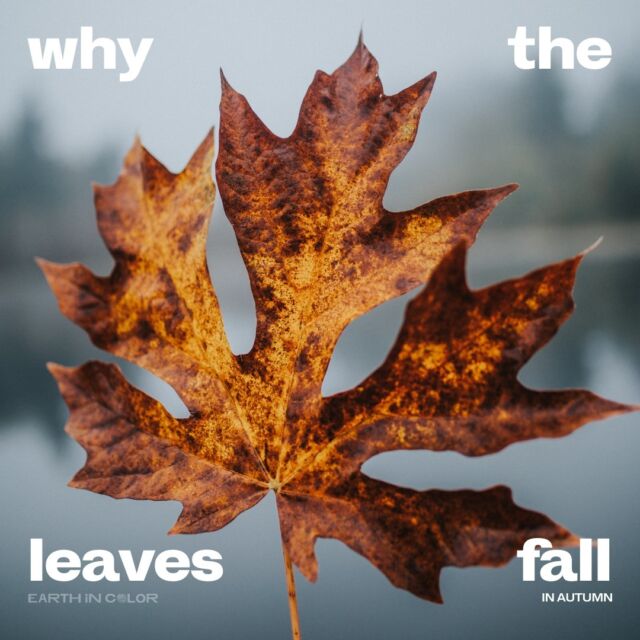
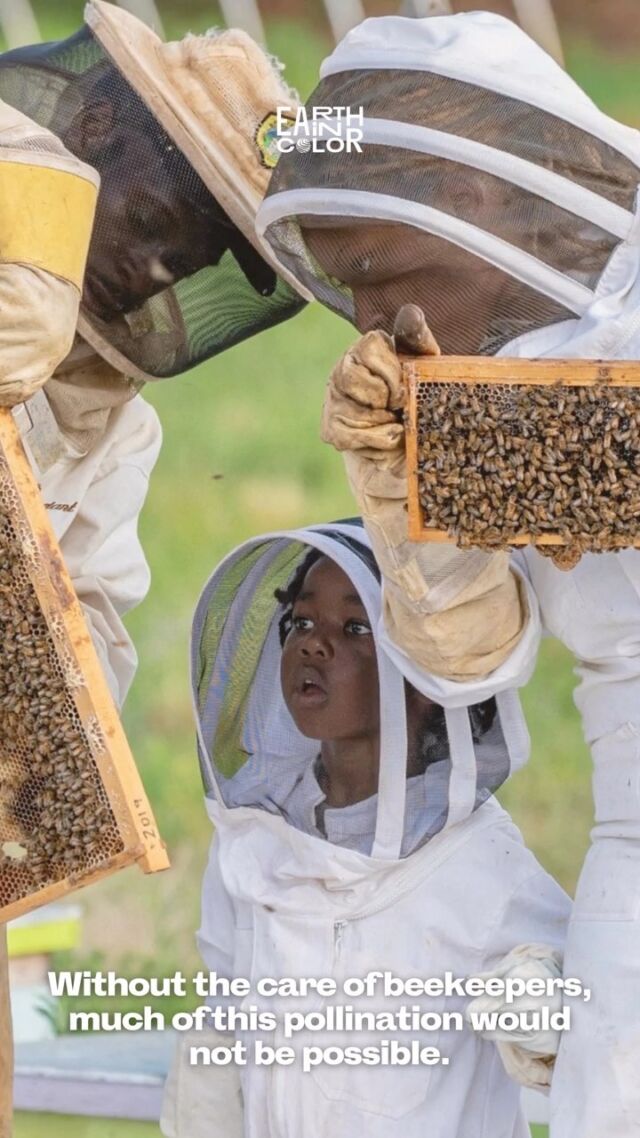
![Did you know you could be buying fake honey? 👀🍯
According to @detroithives co-founder Timothy Paule Jackson, “ninety percent of most honey that you get in big box stores is fake.” To make sure you’re getting the real stuff, he suggests checking out the nutrition label. Fake honey will have ingredients like “high fructose corn syrup, peach syrup, [and] it’ll have some type of sugar.” Avoid honey labeled as “pure” or “pasteurized,” and instead look for words like “raw” or “local.”
And with winter approaching, it’s the perfect time to stock up — not only is it full of vitamins and minerals, but real honey can also be used as a remedy for sore throats and coughs. Swipe to check out some of our favorite Black-owned bee farms and Black beekeepers selling the good stuff 🐝🍯](https://earthincolor.co/wp-content/uploads/sb-instagram-feed-images/314552686_126502226881255_7598404171432106028_nfull.jpg)
